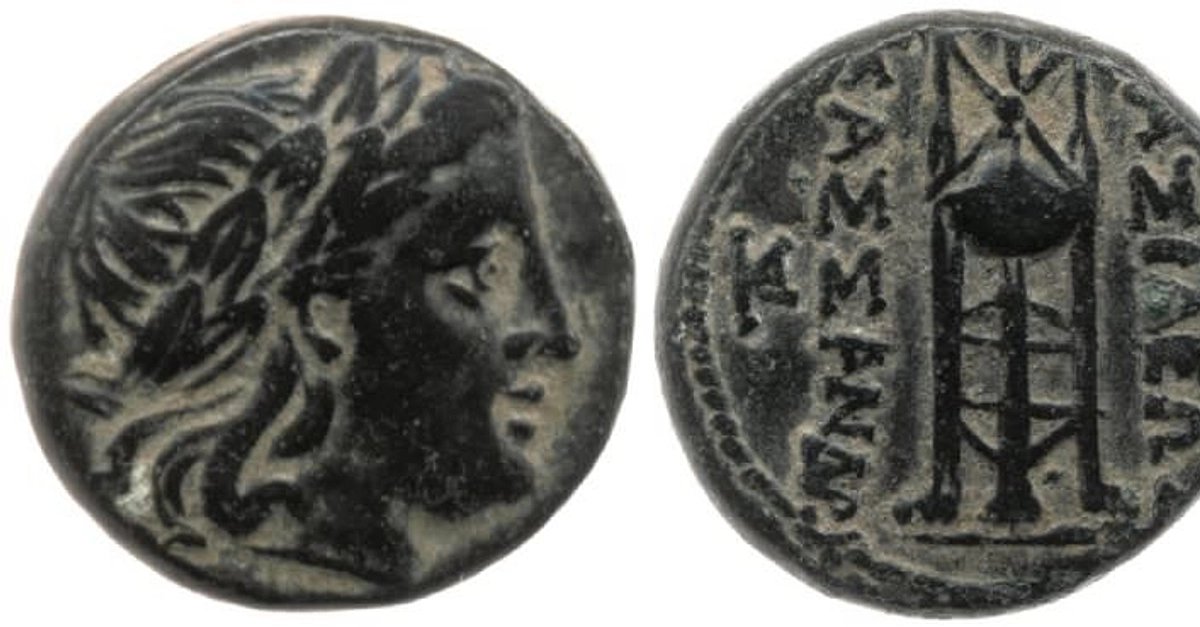In ~301 BC, Demetrius I Poliorcetes hosted a banquet, & according to Plutarch a toast was made to his kingship. His rival Diadochi, on the other hand, were referred to:
Seleucus the Elephantarchos; Ptolemy the Admiral; Agathocles Lord of the Isles; Lysimachus the treasurer (1/6)
Seleucus the Elephantarchos; Ptolemy the Admiral; Agathocles Lord of the Isles; Lysimachus the treasurer (1/6)
Demetrius did not believe the other kings have legitimate claims, which were all acquired through battle & conquest; the "titles" were intended to mock their failures:
Seleucus was the "elephant master" because of his "prize" of 500 elephants for failing to conquer India (2/6)
Seleucus was the "elephant master" because of his "prize" of 500 elephants for failing to conquer India (2/6)
Ptolemy was the nicknamed "the Admiral" due to his failure of preventing Demetrius from capturing Cyprus in a naval battle at Salamis in 306, in spite of owning one of most expensive fleets in the entire Mediterranean (3/6)
Agathocles of Syracuse, though not one of the Diadochi, proclaimed himself king of Sicily & North Africa in emulation of his peers, but ultimately failed to conquer the Carthaginians in the 300s, & was left as "lord of the islands"
(4/6)
(4/6)
While the others found it amusing, Lysimachus was infuriated since the position of treasurer was reserved for eunuchs. Little wonder he would demand Demetrius& #39; execution in 286.
One notable figure not mentioned was Cassander I in Macedon: the absence itself was the insult. (5/6)
One notable figure not mentioned was Cassander I in Macedon: the absence itself was the insult. (5/6)

 Read on Twitter
Read on Twitter











